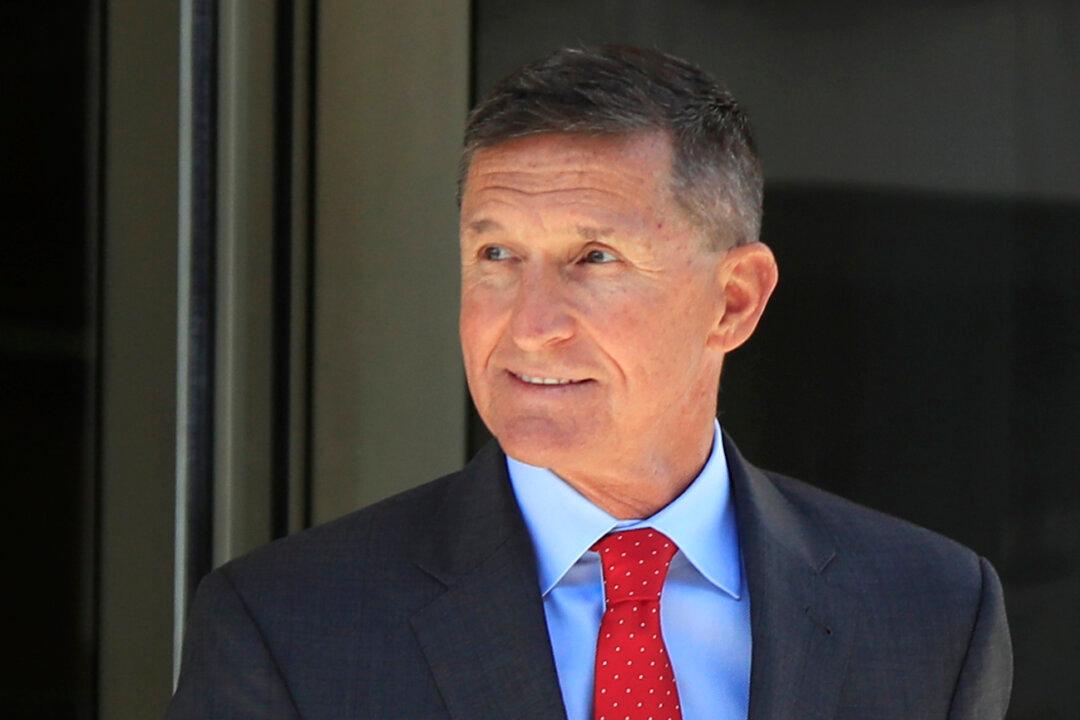FBI Director Christopher Wray has ordered an internal review of the bureau’s handling of Lt. Gen. Michael Flynn’s investigation, the bureau announced on Friday.
The review will be handled by the bureau’s inspection division and examine the FBI’s role in the Flynn probe and determine whether any current employees have engaged in misconduct. It will also evaluate the bureau’s policies and procedures to identify areas of improvement.




